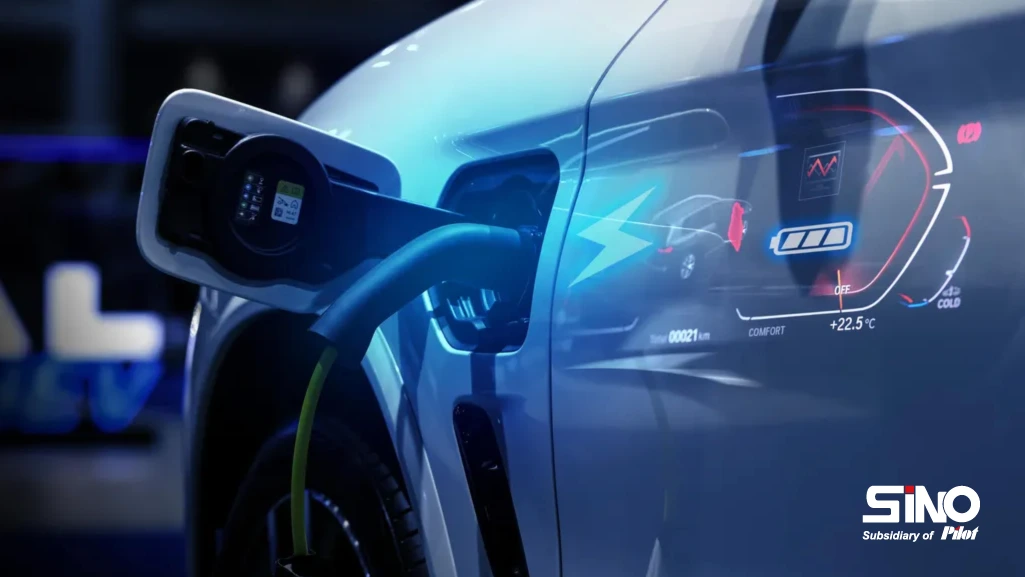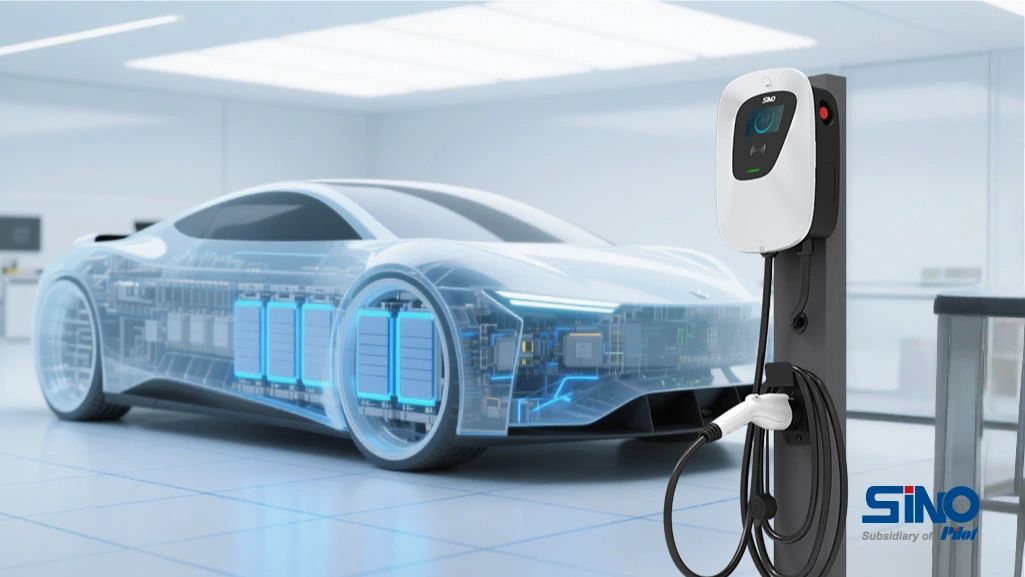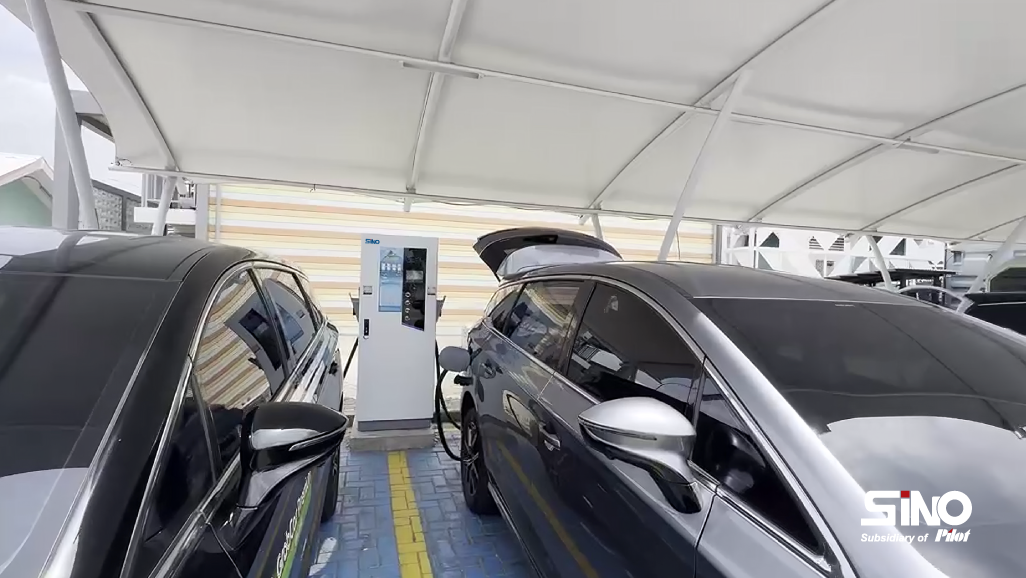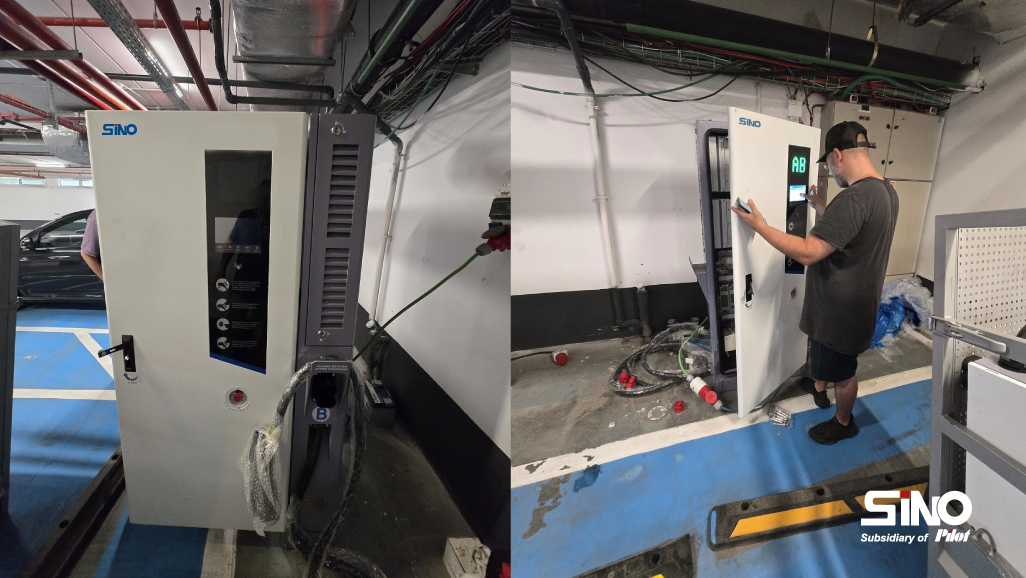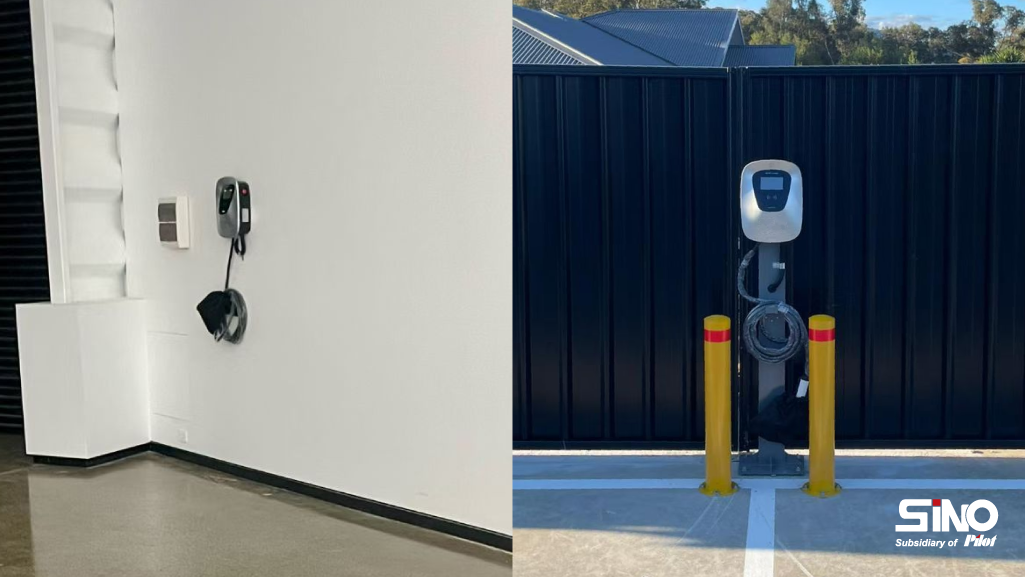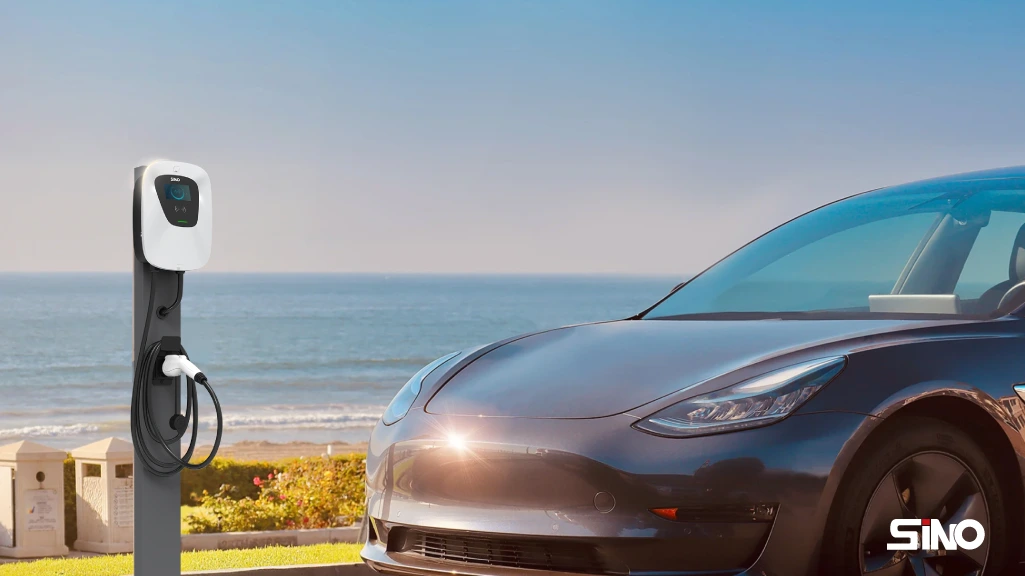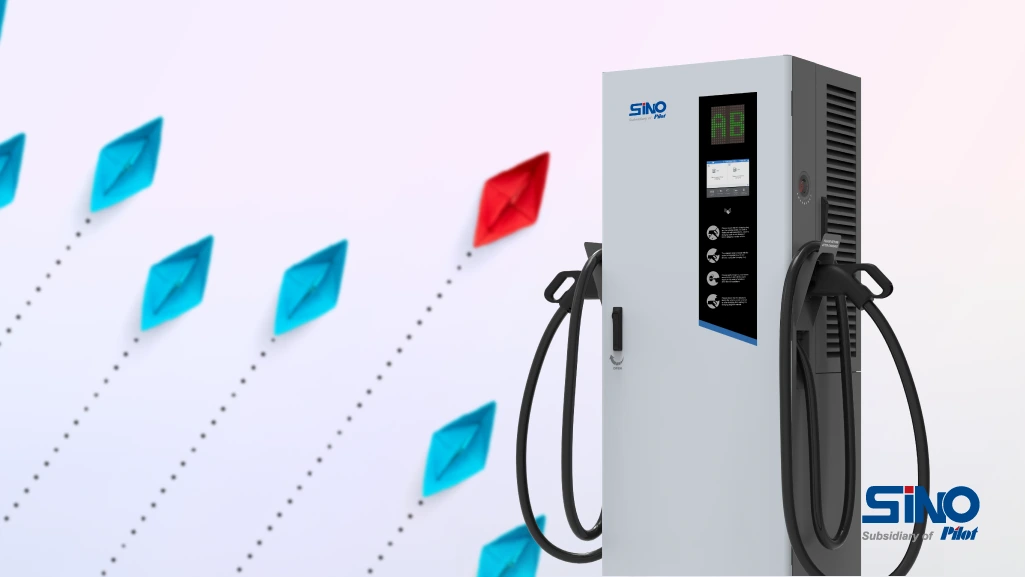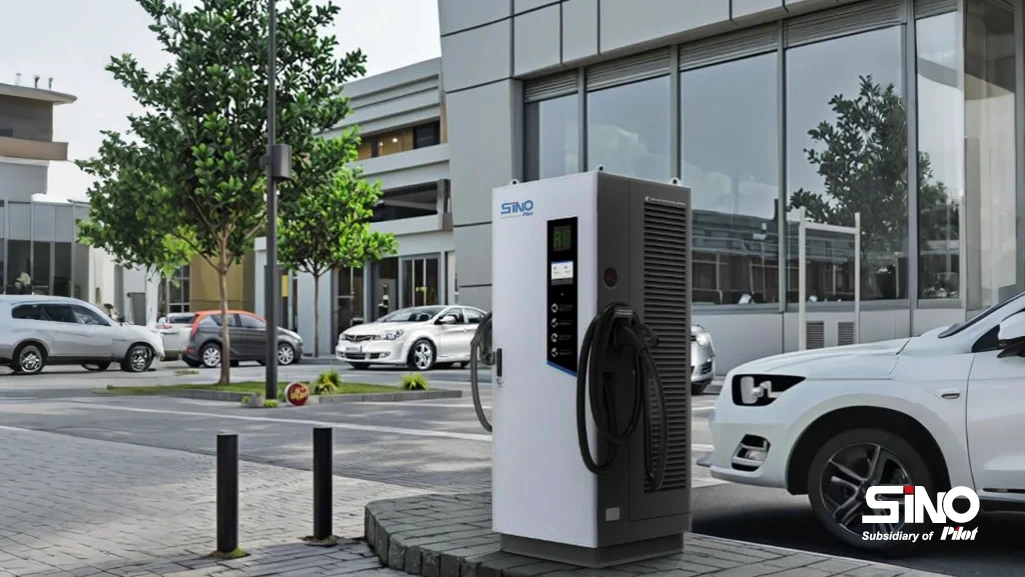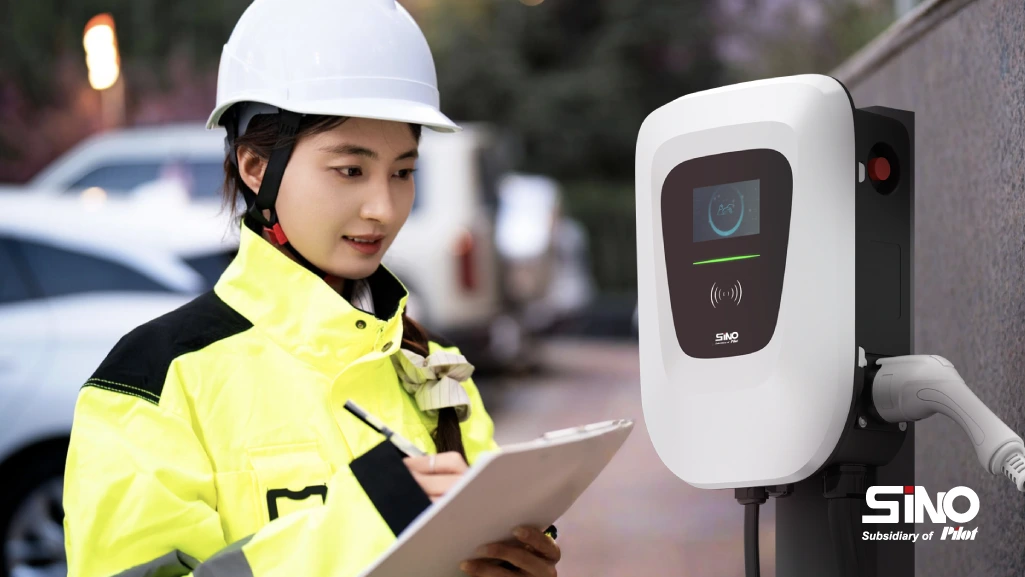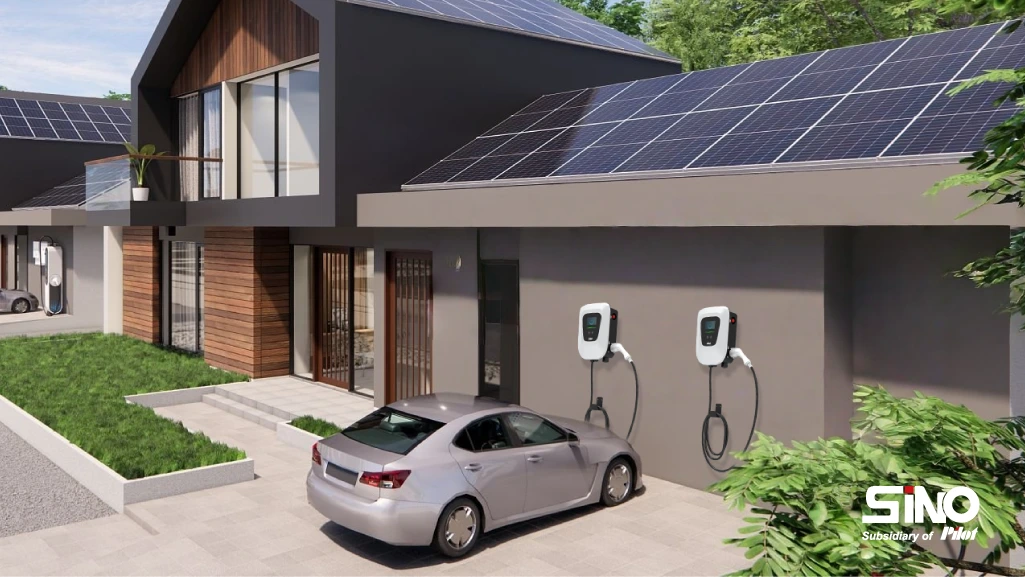The global automotive industry is experiencing a significant shift with the rapid growth of electric vehicles (EVs). A key factor in ensuring the smooth integration and widespread adoption of EVs is the advancement of EV charging infrastructure, especially the impressive improvements in the intelligence and digitalization of EV chargers.
What aspects of intelligence and digitalization of EV chargers shows in?
Intelligence enhance the charging process
Intelligence in EV chargers is manifested by making informed and smart decision to enhance the charging process. These chargers are fitted with advanced sensors and control systems that continuously monitor the connected EV’s battery status. For instance, they can accurately track the important metrics such as battery temperature, voltage, and current. Based on this real-time data, the charger can adjust the charging rate accordingly. This is vital because it allows for quickest charging possible while keeping within the battery’s safety limits, ultimately extending battery’s lifespan. By preventing overcharging, smart EV chargers automatically reduce power as the battery nears full capacity.
Intelligence extends to user interface
Additionally, the intelligence of these chargers extends to their user interface. Many EV chargers feature user-friendly interfaces accessible through mobile apps, enabling EV owners to control and monitor the charging process remotely. Users can schedule charging sessions to take advantage of lower electricity rates during off-peak hours, leading to substantial savings over time. The charger can also send updates to the user’s device, notifying them when charging is complete or if there’s a disruption during the process.
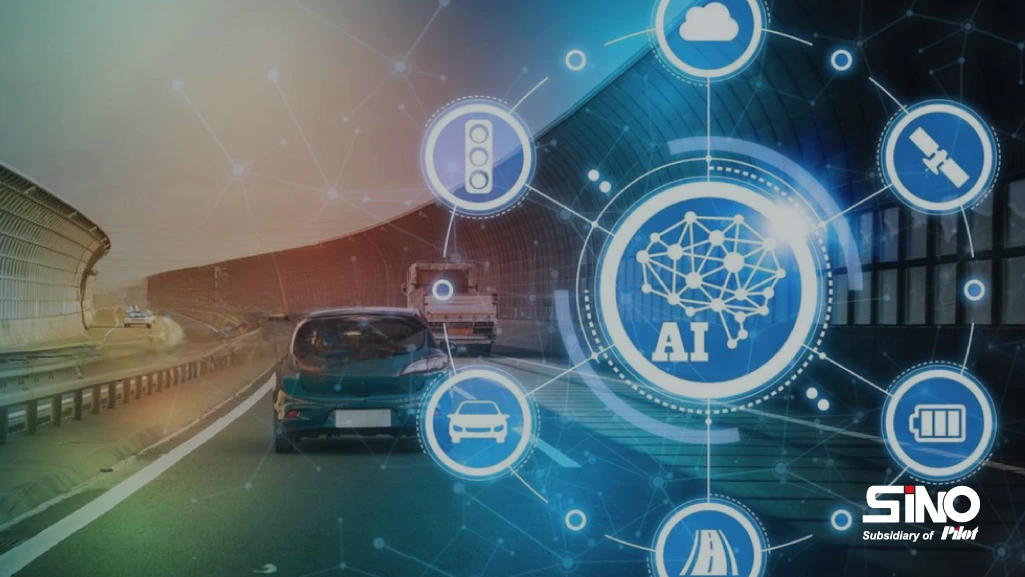
Digitalization transformed the operation and management.
The extensive data generated during each charging session is now are now being effectively utilized. This data encompasses information about the vehicle, the duration of charging, the energy transferred, and the charger’s location. By collecting and analyzing this data, charging station operators can uncover valuable insights, such as identifying peak usage times and popular charging locations. This knowledge aids in optimizing the placement of charging stations, ensuring that they are located where demand is the highest.
digitalization enables connectivity
Moreover, digitalization enables seamless connectivity between chargers and various systems. Chargers can interact intelligently with the power grid, particularly through a concept known as vehicle-to-grid (V2G). EV chargers can not only draw power from the grid but also return energy during peak demand or when there’s an excess of renewable energy. This bidirectional flow of power balances the grid and enhances the efficient use of energy resources. Additionally, integration with smart city infrastructure and navigation systems allows for better coordination. Integration with smart city infrastructure and navigation system also enhances coordination.For instance, navigation apps can off real-time updates on nearby charging station availability, charging speeds, and estimated waiting times, helping EV drivers plan their journeys more efficiently.
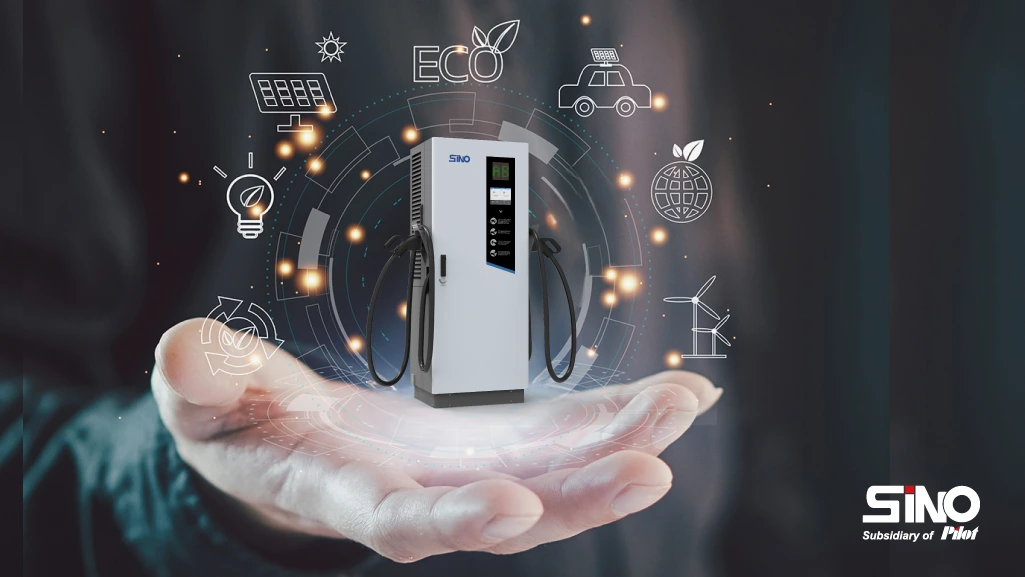
Digitalization supports maintenance
Additionally, the digital infrastructure supports predictive maintenance for EV chargers. By continuously monitoring the performance and condition of the charger components through data analytics, potential issues can be anticipated. This proactive maintenance approach minimizes downtime and ensures the reliability of the charging network. For example, if a charger’s power conversion unit shows irregular temperature changes or declining efficiency, the system can automatically arrange for maintenance before a significant malfunction occurs.
Benefits of intelligence and digitalization of EV chargers to EV owners:
Convenience accompanied by intelligence and digitalization
Remote Monitoring and Control:
Intelligent and digitized chargers enable electric vehicle (EV) owners to monitor and control their charging process remotely using mobile EV charging applications. This allows them to check crucial details such as the battery charge percentage and the estimated time remaining until a full charge from virtually anywhere. Additionally, if an owner discovers they’ve forgotten to plug in their vehicle, they can easily start the charging process remotely without needing to return to the car.
Scheduling Charging:
EV owners have the flexibility to schedule their charging time for electric cars according to personal preferences and daily routines. This feature is particularly beneficial for taking advantage of off-peak electricity rates. For example, if electricity costs are lower during the night, users can set their chargers to begin charging at a specific time—often while they sleep. This approach not only reduces costs but also optimizes energy consumption without requiring manual input each time.
Navigation Assistance:
Digital integration with navigation systems offers real-time information about nearby charging stations. Given that EVs generally have a shorter driving range than traditional gas-powered vehicles, this feature is vital. The navigation system can direct the owner to the closest available charging station, providing details such as the number of available charging ports, the charging speed at the station, and estimated waiting times.
Cost – Savings brought by intelligence and digitalization
Optimized Charging Rates:
Intelligent chargers can intelligently adjust charging power according to the battery’s state and current electricity tariffs. By utilizing off-peak hours for charging, owners can significantly lower their electricity bills. Additionally, some charging service providers offer dynamic pricing models, allowing smart chargers to automatically modify the charging schedule to capitalize on the best rates available.
Battery Longevity:
Effective management of charging power plays a crucial role in extending the lifespan of electric vehicle (EV) batteries. Overcharging or DC fast charging under unsuitable conditions can lead to battery degradation, which can be quite costly due to expensive replacement. Smart chargers effectively mitigate the risk of overcharging by reducing power as the battery nears full capacity and adjusting the charging rate based on temperature and other conditions. This not only preserves battery health but also protects owners from the financial burden of premature battery replacement.
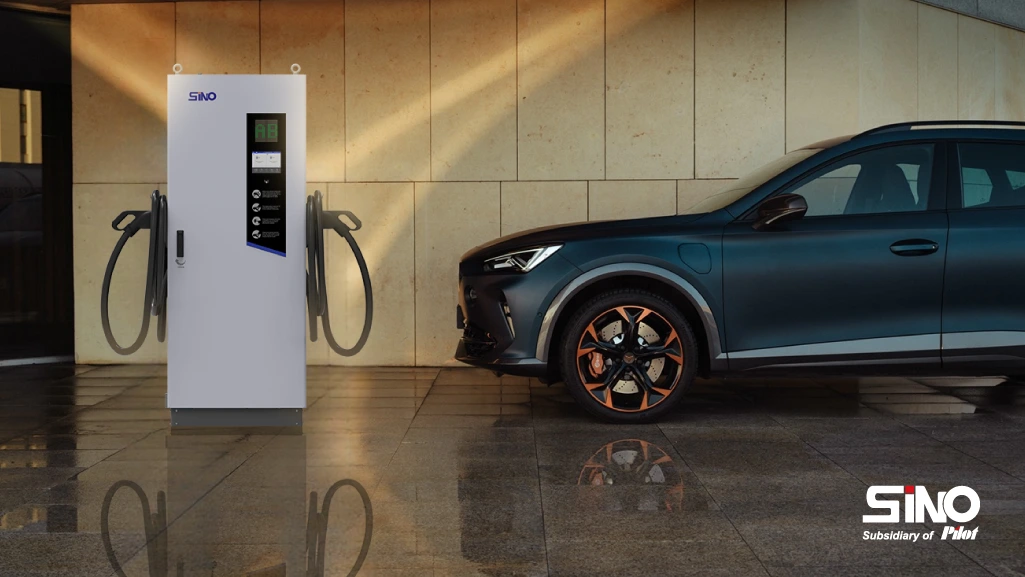
Intelligence and Digitalization Enhanced Battery Management
Real-Time Battery Monitoring: The intelligent charger keeps a close watch on the battery’s health throughout the charging process. It can identify issues such as overheating, voltage fluctuations, and other potential battery concerns. Owners receive immediate notifications via the mobile app if any abnormalities arise. This early detection allows for timely actions, such as scheduling maintenance at a service center or modifying the charging routine to prevent further issues.
Customized Charging Profiles:Intelligent chargers can create tailored charging profiles based on the specific make and model of the electric vehicle (EV) and its battery characteristics. Since various EVs have different battery chemistry and recommended charging practices, the charger ensures the charging process aligns with the ideal conditions for each battery type, thereby enhancing performance and extending its lifespan.
Conclusion:
In summary, the intelligence and digitalization of EV chargers are vital for the sustainable growth of the EV ecosystem. They provide EV owners with increased convenience, cost savings, and effective battery health management. Simultaneously, they empower charging station operators and grid managers to enhance operations, boost energy efficiency, and strengthen the stability and resilience of the power grid. As the EV market continues to evolve, ongoing innovation in the intelligence and digitalization of chargers will be essential to address the growing demands of a cleaner and more efficient transportation future.
Our Social
Facebook: www.facebook.com/sinoevc
Instagram: www.instagram.com/sinoevc
Linkedin: www.linkedin.com/company/sinoevse
Youtube: www.youtube.com/@sinoevc
Twitter: www.twitter.com/sinoevc

“Charging for A Better Life”
—Zhuhai Sino Energy Technology Co.,Ltd.



